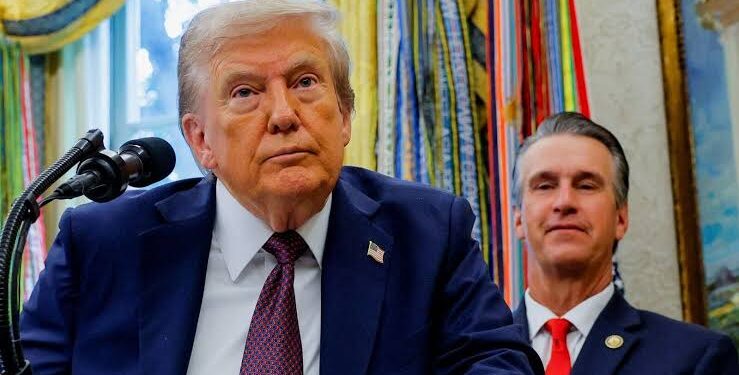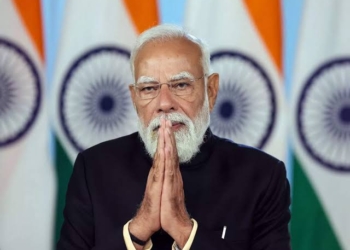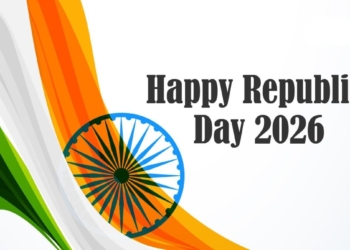US President Donald Trump once again cited the example of Harley Davidson motorcycles while attacking India’s tariff policies, claiming New Delhi had imposed “200% duties” on the iconic brand. However, records show the actual import duty stood at 100% in 2018, when Trump first raised the issue, and has since been reduced.
Trump’s Remarks on India’s Trade Policy
Addressing a press conference from the Oval Office, Trump said the US had long been disadvantaged in trade relations with India.
“So we were not doing much business with India, but they were doing business with us because we weren’t charging them — foolishly. So everything they made, they sent into the US market, and we were not sending anything because they were charging us a 100 per cent tariff,” he said.
Trump added:
“I’ll give you an example — Harley Davidson. They could not sell in India as there was a 200 per cent tariff on a motorcycle.”
The Facts on Harley Davidson Tariffs
Contrary to Trump’s claim, India had imposed 100% import duty on Harley Davidson and similar high-end bikes when the issue first arose in 2018. Following negotiations, duties were gradually reduced.
-
Up to 1,600 cc bikes – now taxed at 40%
-
Above 1,600 cc bikes – taxed at 30%
This reduction was reflected in the most recent Union Budget. Reports earlier this year suggested India had even considered a zero-duty import quota for premium motorcycles as part of trade deal talks with the US, but the negotiations have since stalled.
India Looks Elsewhere Amid Tariff Dispute
With talks stuck, India is reportedly looking to deepen trade ties with China and long-time partner Russia as a counterbalance to US tariff aggression.
Meanwhile, Trump maintained his stance:
“We get along with India very well. But you have to understand, for many years it was a one-sided relationship. It’s only changed now after I came along, and because of the power that we have. India was charging us tariffs that were about the highest in the world.”
The Larger Trade Context
Trump has also imposed a 50% reciprocal tariff on Indian goods, coupled with a 25% penalty on Indian imports of Russian oil. His comments come against the backdrop of an intensifying trade rift, as New Delhi resists Washington’s pressure and seeks to safeguard its energy security and national interests.





























